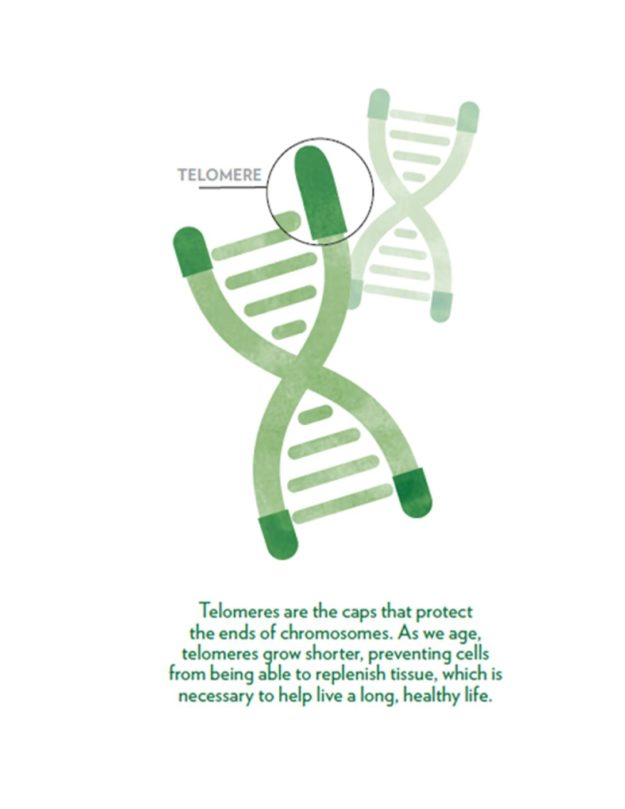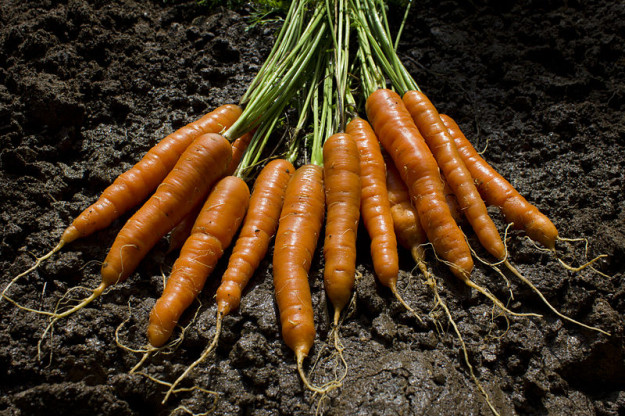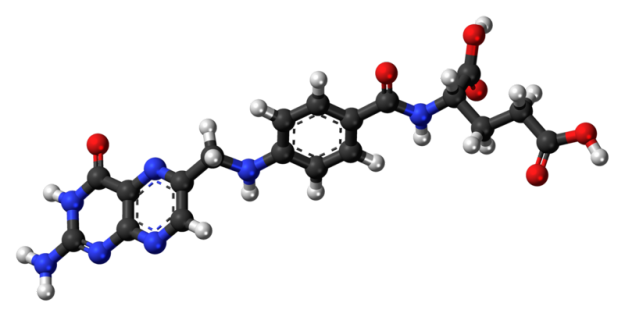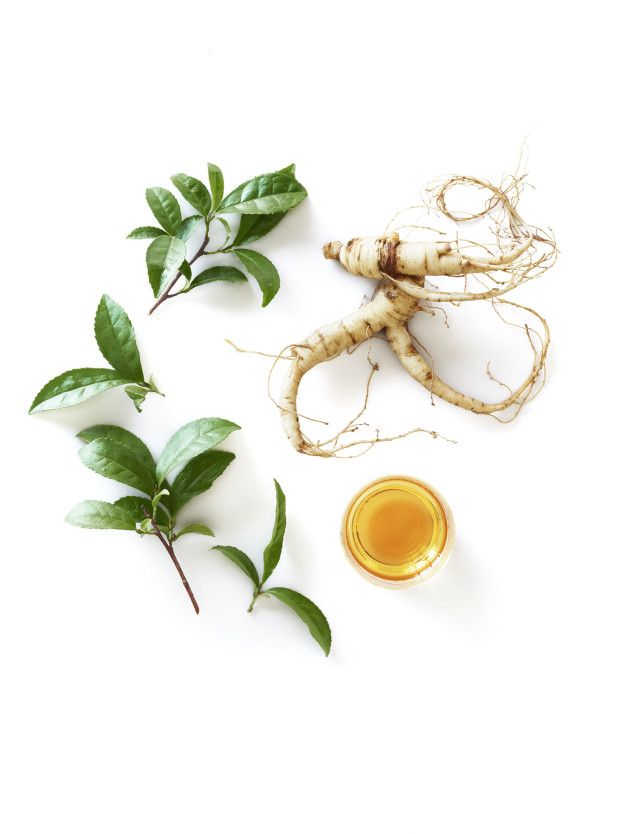How Supplements Affect Telomere Length?
Why was this study done? There is a great deal of interest in understanding more about preserving telomere length; telomeres are the protective caps on the end of our DNA strands. It is known that diets and specific nutrients seem to have a protective effect, especially multivitamins, omega 3, vitamin D and polyphenols. This study…









